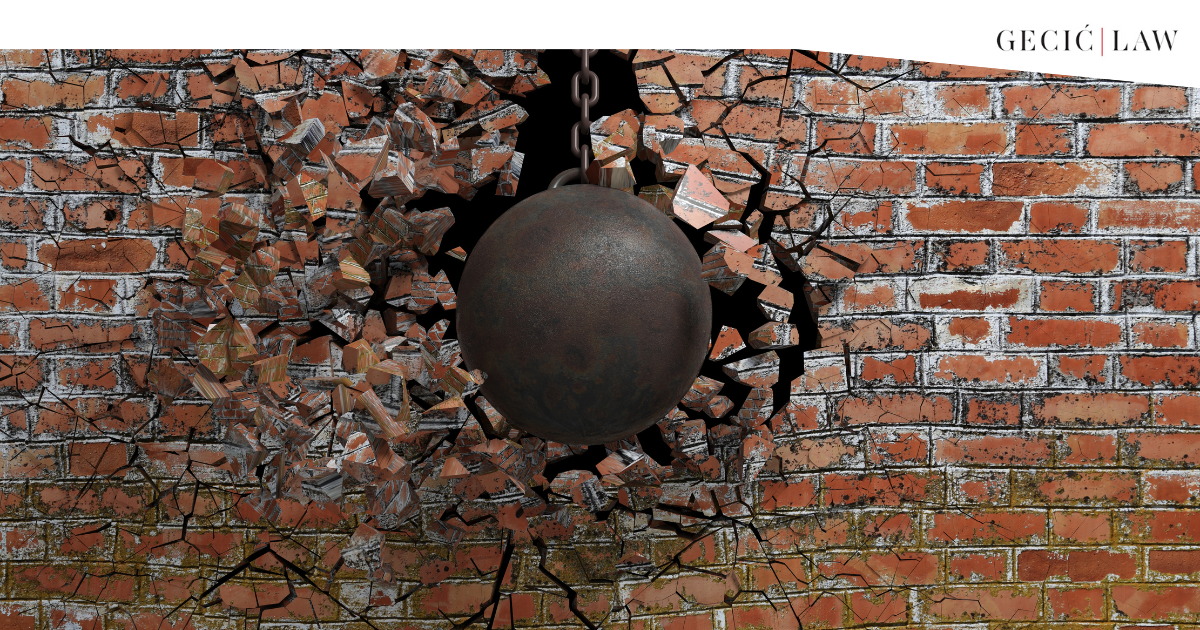

We recently wrote about bid rigging and the new guidelines issued by the Serbian NCA on detecting this illegal activity in public procurement procedures. Here we look into an interesting case that illustrates how bid rigging occurs and is dealt with in the United Kingdom. After it had initiated an antitrust probe in 2019, The UK’s Competition and Markets Authority (“CMA”) came across a cartel activity of 10 demolition companies that plotted to rig bids for demolition and asbestos-removal contracts worth more than £150 million. The contracts in question were the result of tenders organized by the MET Police Training College, Selfridges department stores, Oxford University, and many other sites in the area of London and England’s Midlands.
The bid-rigging, or in this case the form of cover bidding, included schemes where the bidders would arrange for one or more of them to submit an over-priced or sub-standard bid doomed to fail while leaving the other competitor to win. It is the taxpayers that end up paying the higher price for lower-quality goods and services.
The agreement between seven of ten companies included a reward of around £500,000 for the ones ending up as losers in the tenders. As for the participation in a cartel in the period between January 2013 and June 2018, the only two companies denying involvement were Erith and Squibb.
Just like any other modern piece of legislation in the field of competition, the UK’s Competition Act 1998 provides for a leniency program. The program enables a cartel participant to apply for immunity or a significant reduction in penalties in exchange for disclosing cartel activity and assisting the CMA in its investigation. In the case at hand, Scudder and McGee were the leniency applicants and, as the matter progresses, they may benefit from the said policy should they continue to cooperate and adhere to the relevant terms.
Targeting this particular activity in the sector, in 2020, the CMA issued the Guidance on avoiding collusion in construction explaining the essence and types of bid rigging, financial and other consequences for violations of competition rules, and finally, the extent of the negative implications on the market and end-users.
It remains to be seen whether the responsible individuals are likely to face a ban on serving in managerial positions, a measure in which the CMA has lately shown quite an interest, will they face criminal prosecution, or are they facing a fine and negative reputational impact. Whatever the outcome, what is clear from recent decisions of UK’s watchdog is that cartels are in the spotlight and they will not be taken lightly.
Authors: Marko Đorđević and Nikola Ivković